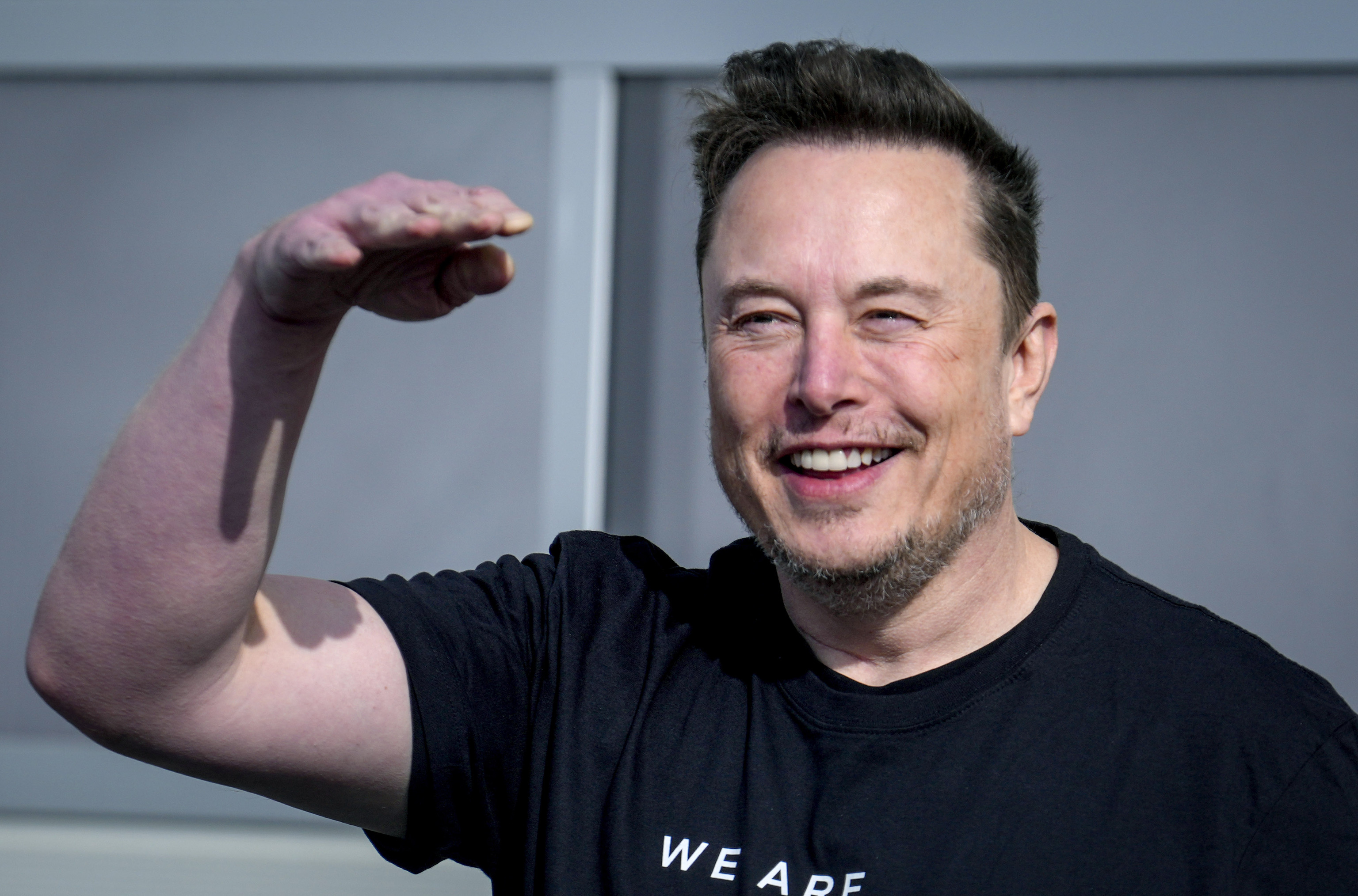he bomb was dropped a few hours ago by Bloomberg: "Chinese officials are evaluating a possible option that involves Elon Musk acquiring the US operations of TikTok if the company fails to defend itself against the controversial app ban."
At this moment, the future of TikTok is being decided in the US Supreme Court, where nine judges have been hearing arguments from ByteDance, the parent company, which is trying to block the enforcement of a law that prohibits the platform in the US, set to take effect on January 19, one day before Donald Trump's inauguration.
The Supreme Court judges, however, seem to lean towards the position taken by the Biden administration and bipartisan lawmakers who passed the law: TikTok serves the interests of the Chinese Communist Party, posing a threat to national security and therefore must be banned.
Unless the court surprises at the last minute by issuing a ruling preventing the law from taking effect, the future of TikTok in the US hinges on its disappearance from app stores unless ByteDance takes a step it has repeatedly said it would never take: selling its stake - approximately 40% - to a non-Chinese entity or investor group.
This is where Elon Musk would come in, as reported by Bloomberg, citing anonymous sources stating that Beijing is seriously considering transferring ownership of the US platform to the billionaire who will be a key figure in Donald Trump's government, who has expressed support for blocking the law.
The president-elect submitted a letter to the nine Supreme Court judges urging them to remember that the freedom of expression rights of all Americans are protected by the First Amendment. Trump urged the justices to suspend the law so that, once in office, he can negotiate a resolution addressing security concerns while also saving the short-video app, which has been instrumental in engaging younger voters with its 14.7 million followers.
ByteDance, headquartered in Beijing, has reiterated that the sale of TikTok's US business - which could fetch a price between $40 billion and $50 billion - is not part of its plans. If the company were to take that step to avoid the ban, it could not do so without authorization from the Chinese government, which in 2020 updated its export control rules to veto any deal involving selling Chinese technology to a US buyer. Beijing has publicly stated that it will oppose any forced sale.
"ByteDance is not an agent of China and TikTok has never shared or received a request to share data of US users with the Chinese government," stated the company's CEO, Singaporean Shou Zi Chew, who argues that information about US users is transferred to servers managed by Oracle Corporation, based in Texas. According to Chew, under this structure, there is no way for China to access that information.
"Chinese officials had already begun discussing contingency plans for TikTok as part of a broader discussion on how to work with the Donald Trump administration, one of which involves Musk," states the report published by Bloomberg.
"In a scenario that has been discussed by the Chinese government, X would take control of TikTok US," the outlet continues, even leaving open the possibility that Musk, TikTok, and ByteDance have held discussions on the terms of a potential agreement.
Several major US media outlets have reached out to TikTok representatives regarding this news, with the possible sale of the app to Musk being described as "pure fiction."
Last year, the House of Representatives and the Senate overwhelmingly passed a bipartisan law, signed in April by Biden, to ban TikTok in the US if ByteDance did not sell its majority stake before January 19, 2025.
TikTok appealed to a lower federal court, which in December rejected blocking the law. Subsequently, the company, invoking the First Amendment, challenged this ruling, exhausting its last legal recourse by turning to the Supreme Court, which agreed to hear the appeal. On Friday, the nine judges, mostly conservative, heard oral arguments from TikTok's lawyers.
